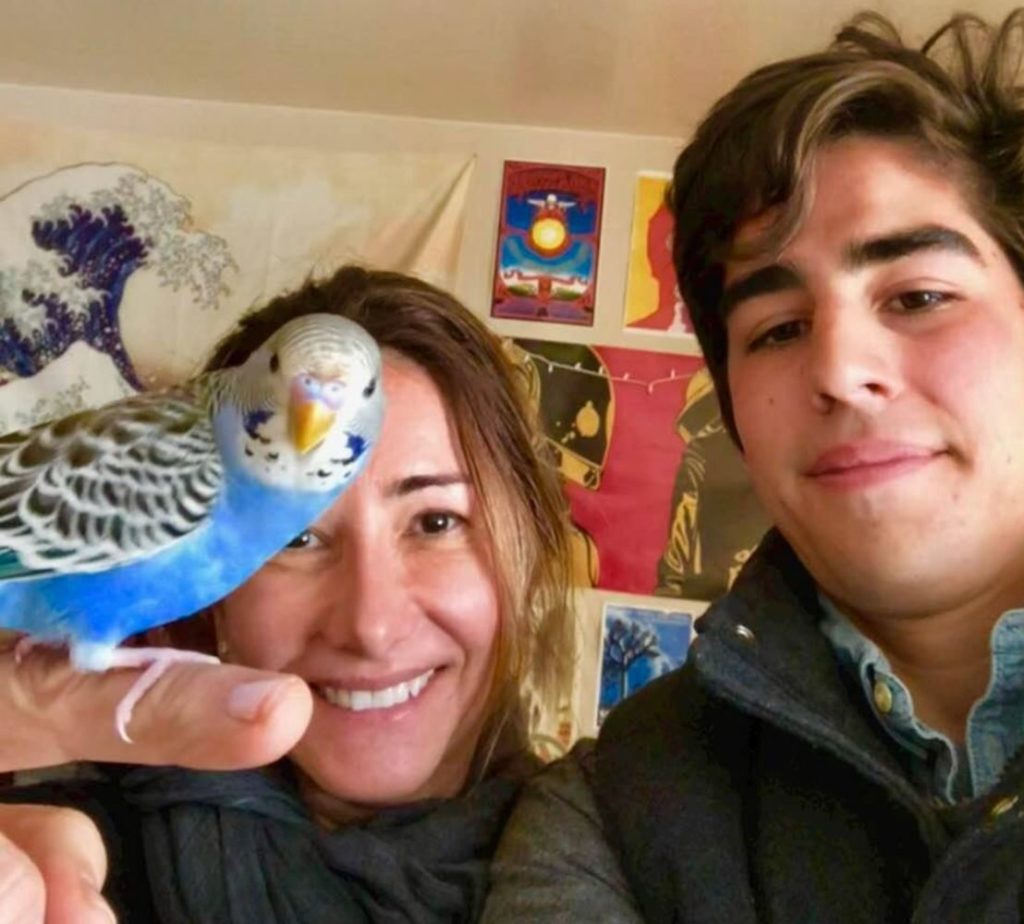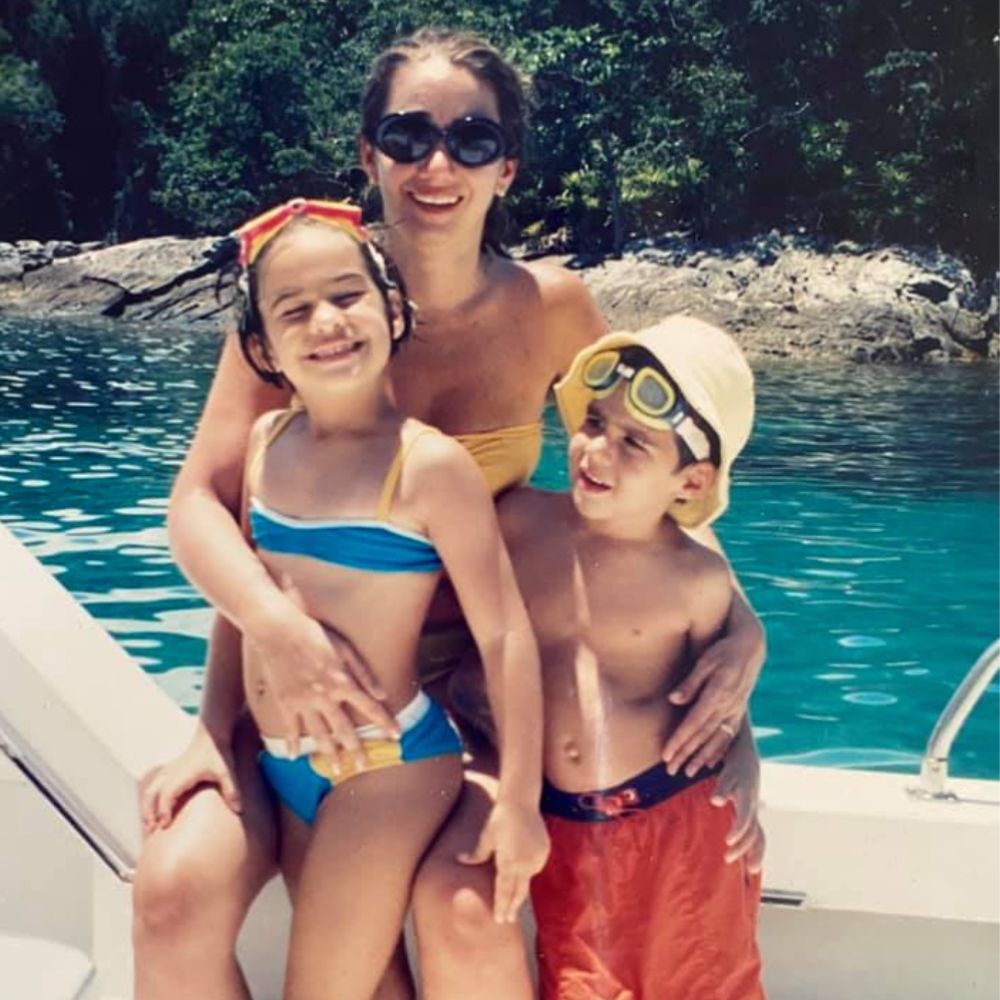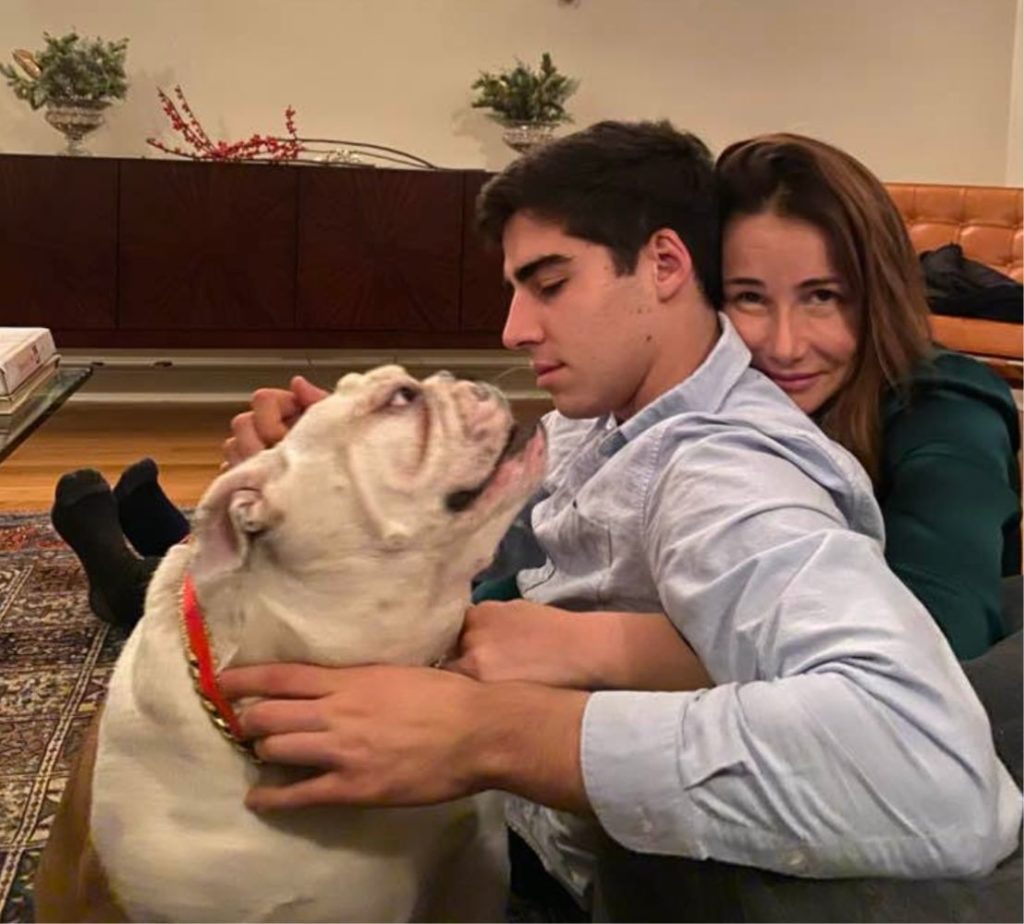The Daniel Calazans Foundation (DCF) exists to honor my son’s request to create a nonprofit to address the interconnection between substance abuse, mental health, and physical illnesses.
I wish other families could know what our family didn’t know about the complexity of treating these conditions.
My son wrote that “the system failed him.”
Before Daniel’s first hospitalization, I never understood that his life could be at risk.
The lack of information about what happened to Daniel was a puzzle. I had to investigate what happened to Danny to understand what was behind his demise and the insidious epidemic that is devastating generations and destroying the lives of the surviving families.
I am an investigative journalist by training, so I decided to follow the clues that Daniel left in his written materials. I concluded that he was correct when he said the system failed him.
The healthcare and legal systems failed to protect him and often fail to protect those with medical conditions associated with addiction and mental health.
Why?
Daniel Calazans is an emblematic case. He survived fentanyl poisoning but died of despair after being abused at a rehab center.
In his intake assessment, the rehab facility noted that the “client” did not demonstrate any signs of suicidal ideation.
I would speak with Danny daily. He was happy and optimistic. Then one day, three days before his discharge, he called me in tears, begging me to come and pick him up from that rehab center. He wouldn’t tell me why except that his new roommate fought with him. What triggered the fight, I asked, but he wouldn’t tell me.
We had paid for the sober living place recommended by the rehab center, but then Daniel’s therapist told me that a sober living facility was no longer a choice for him because he was at serious risk. I now understand that he wouldn’t tell me because he was ashamed – typical behavior for victims of sexual abuse. My son’s suicidal ideation started after that phone call about the fight with the new roommate.
Daniel went to another facility in southern California to treat this suicidal ideation. However, his discharge paperwork did not mention that the police came to the rehab and took him to a hospital in Vallejo, CA or that there was a charge of assault. None of these highly relevant events were ever a part of Daniel’s medical records, just a new diagnosis of PTSD. I only learned about what happened because he left the police report where I could easily find it.
Rehab centers are woefully unregulated, and as a result, the legal obligations and duties that rehab centers offer their patients are unclear and vague.
At rehab centers, patients are classified as “clients” despite administering heavy medication and purporting to treat medical conditions. As clients, the rehab centers are not treating patients. They are not medical facilities, and most are like a spa. My son’s tragic case demonstrates the lack of regulation and medical professionalism.
So I decided to seek some answers.
My homework started with reading books and scientific papers to gain a broader perspective on mental health and substance abuse treatments. Next, we researched government policies for rehab centers and mental care facilities at the state and federal administration levels.
I discussed the crisis with local and federal representatives from political parties and civil authorities. I also spoke with grassroots organizations and nonprofits across the United States and abroad. I heard the stories of other families and survivors of these conditions.
I exchanged emails and visited the labs of scientists in the United States, England, and Switzerland, where they are looking at the multifactorial reasons behind this crisis and at novel therapies to treat these conditions to replace old-school drug therapies.
Scientific evidence shows that some physical conditions, including autoimmune and inflammatory illnesses, can cause emotional dysregulation, leading to a high risk of substance abuse.
Unfortunately, many in the medical community fail to consider this data as they treat patients on their journey from diagnosis to therapies for mental health and substance abuse.
DCF is a source of information for parents raising kids at ages where substance abuse and mental health are not yet concerns and for parents facing this insidious epidemic.
I did not know the extent of the mental health crisis and fentanyl poisonings in the United States. I regret not removing Daniel from San Francisco after his second suicide attempt.
In 2021, 108,000 people died of opioid poisoning. Seventy-one thousand of them died from fentanyl poisoning. That same year we lost 47,646 lives to suicide. These tragedies affect families of all social and economic backgrounds, geographies, and genetic predispositions. No one is immune.



We can change things for the better. So please join us at DCF. Not for Danny, but for all of us.
Daniel was a very positive young man with a bright future ahead of him. I miss him very much. I strive daily to honor my promise to him and to be here for his sister Amanda. I want to see her kids, and all the future generations flourish with a sound mind in a sound body.
Peace and gratitude, always,
Patricia Calazans
DCF Founder & Forever Mother of Daniel Calazans Simoes